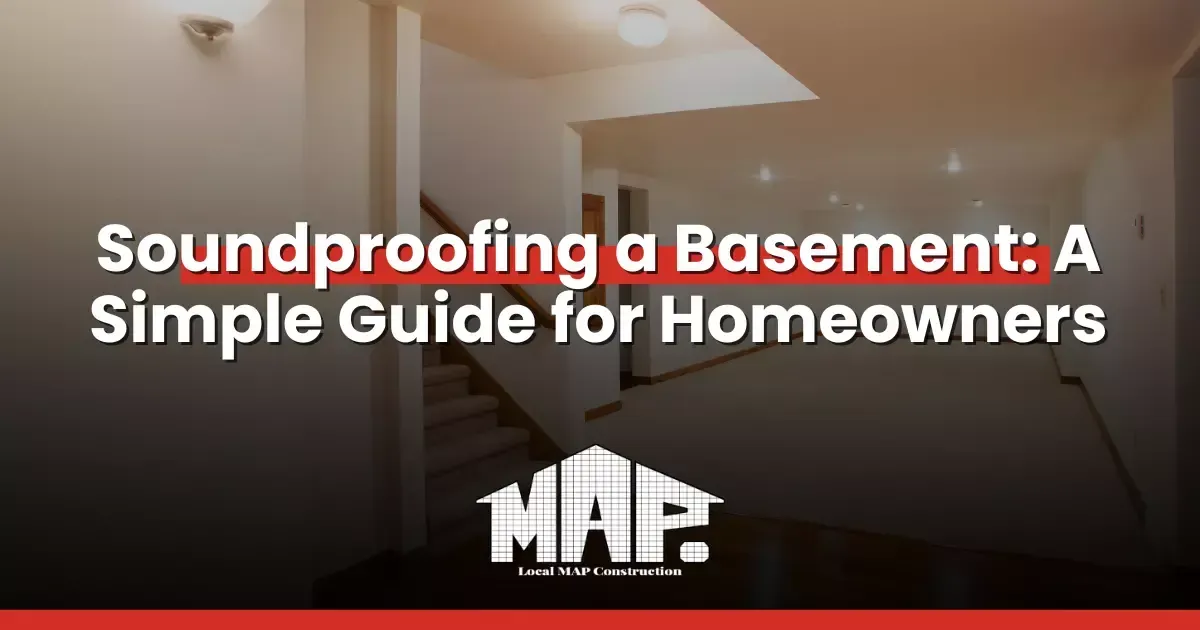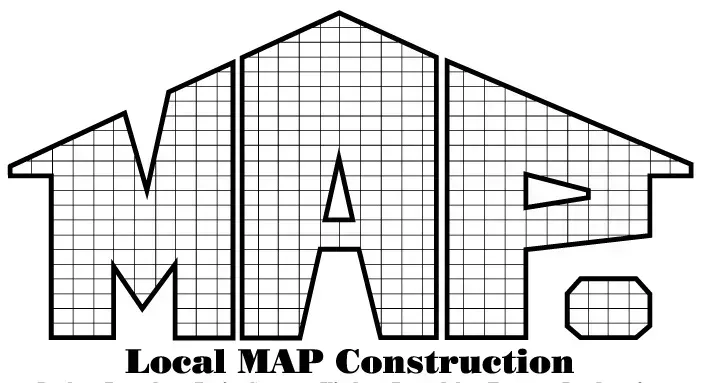Soundproofing a Basement: A Simple Guide for Homeowners
Creating a quiet, private basement can turn it into the perfect place for relaxing, working, or entertaining. Whether you dream of a home theater, a music room in the basement, or just a peaceful escape from soundproofing a basement is key.
Let’s walk through the best ways to make your soundproof basement project a success without breaking the bank.
Add Insulation for Sound and Comfort
A great first step in soundproofing a basement is installing insulation. Materials like fiberglass or mineral wool work well for sound insulation in basements. They reduce noise and help regulate the temperature. If you’re working with an unfinished space, this is a smart, affordable upgrade that supports both comfort and sound control.
Use Acoustic Panels for Better Sound Quality
Want better acoustics in a music room in the basement or home theater? Add acoustic panels to your walls or ceiling. These panels absorb sound and stop echoes. This is especially helpful if you’re building a soundproof unfinished basement. Choose styles that match your décor while keeping the sound inside your basement.
Install Soundproof Drywall for Stronger Noise Blocking
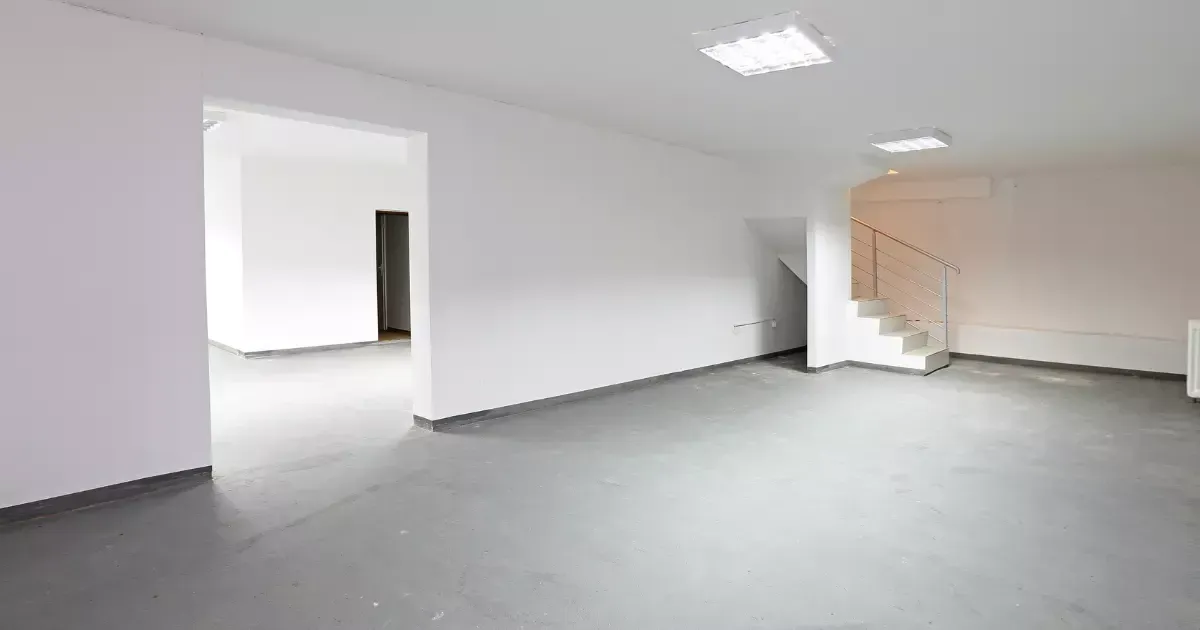
For more serious basement soundproofing, try soundproofing a basement room with special drywall. This thicker material dampens sound and blocks it from moving between rooms. It’s a great option if you want to know how to soundproof your basement for a media space or guest suite. Layering it with regular drywall adds even more sound protection.
Seal Gaps with Weatherstripping and Door Sweeps
Small gaps around doors can ruin your soundproofing. That’s why adding door sweeps and weatherstripping is so important. These simple fixes help seal off noise from the rest of the home. This is especially helpful if you want to know how to soundproof a basement from upstairs. Bonus: These fixes also stop cold drafts.
Soften the Space with Rugs or Carpeting
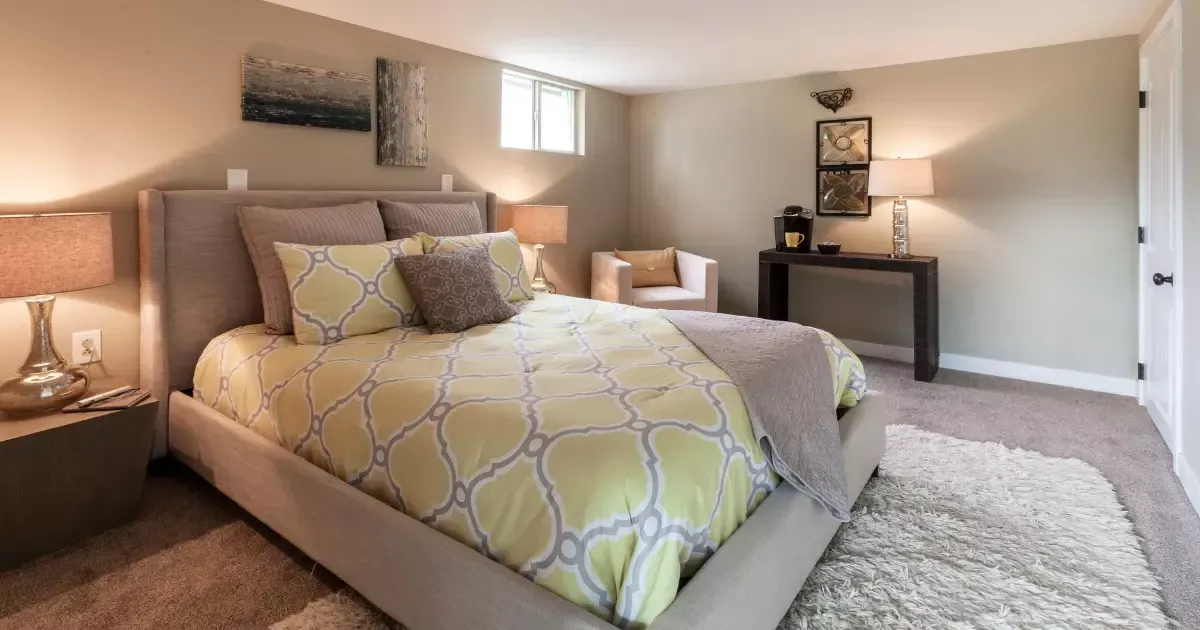
Hard floors make sounds bounce. Rugs and carpets help stop that. Add thick area rugs or wall-to-wall carpeting to reduce echo and footstep noise. This works well in any soundproof basement, especially if you plan to use it as a playroom or theater. Padding underneath adds even more noise control.
Consider Ceiling Options to Block Upstairs Noise
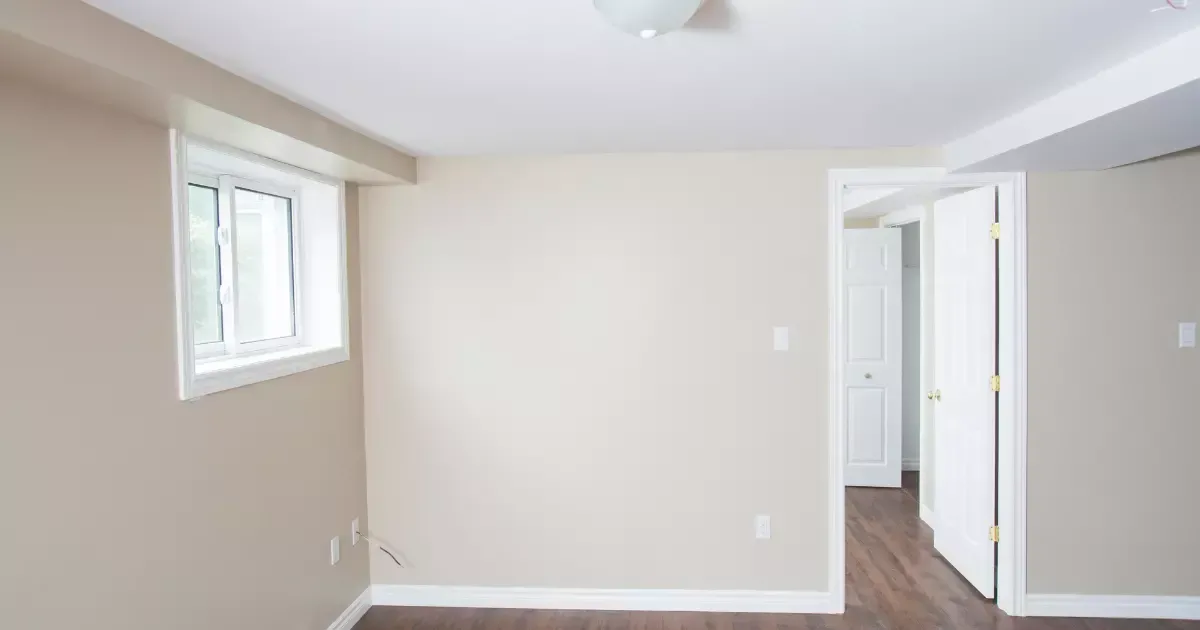
To block sound from upstairs, look into a soundproofing basement ceiling. Use drop ceilings with special soundproof tiles or install resilient channels to reduce vibration between the drywall and floor above. If you're curious about how to soundproof a basement room, this step is a must.
Custom Soundproofing in Your Area
Live in Northern Colorado? Soundproofing basement spaces doesn’t have to be complicated. With the right mix of insulation, smart materials, and sound-blocking tools, you can enjoy a peaceful, private space that fits your lifestyle.
Want professional help? Local MAP Construction can bring your vision to life. Whether you're designing a music room in a cellar or just want a quieter place to work, Local MAP Construction offers expert help and local support.
Reach out at 720-635-2941 today and ask us how to soundproof a basement for your exact needs. We're here to help!
